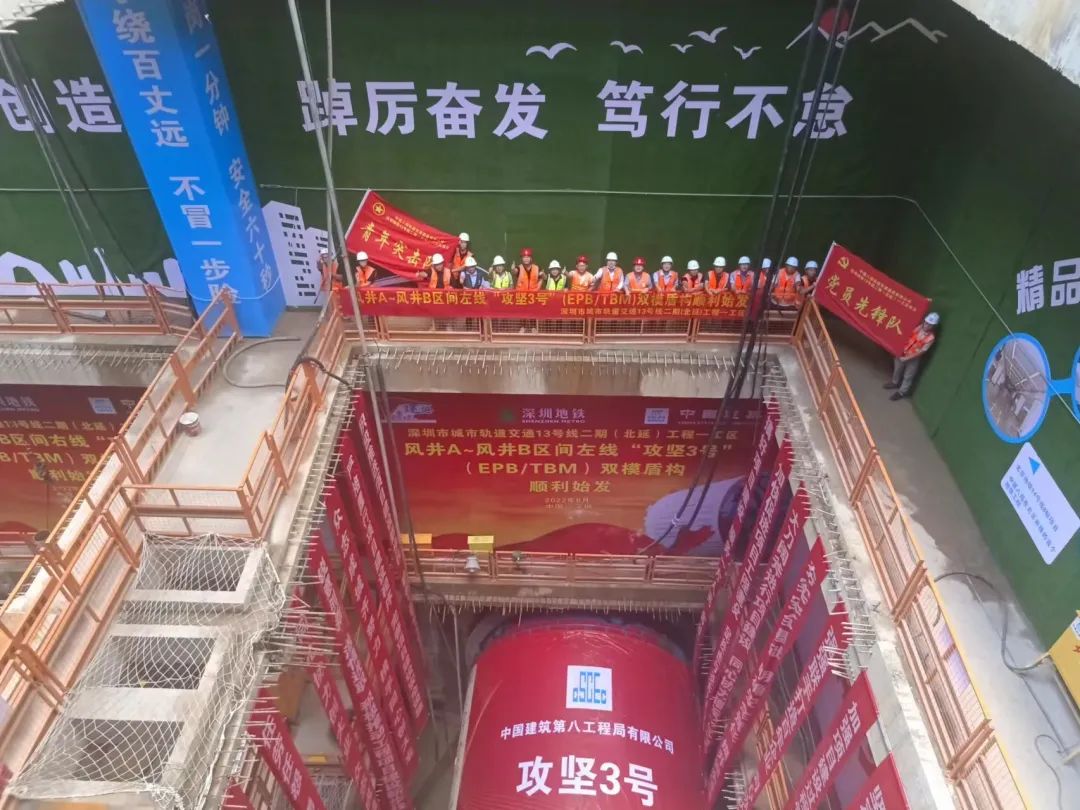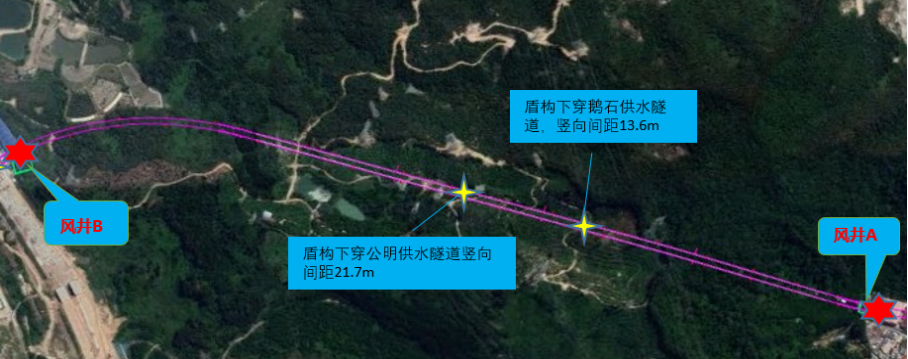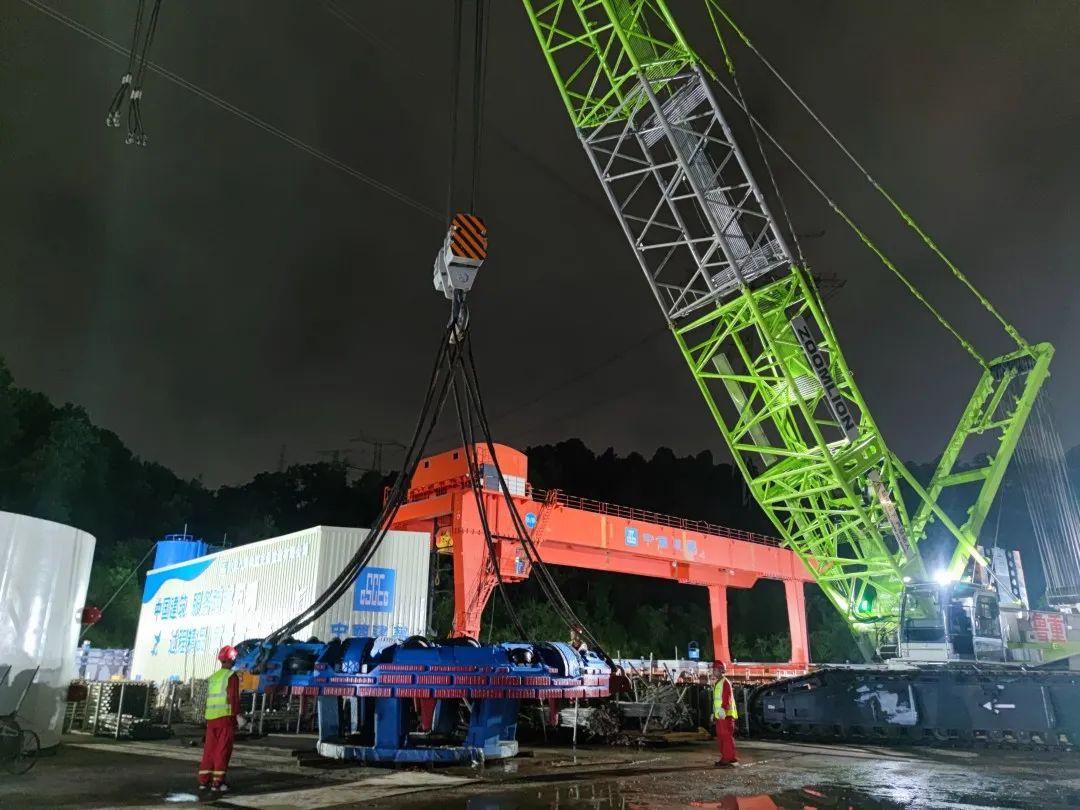Lega bankrupt tenants are subject to "eviction order" and long-term rental apartments urgently need fund pool supervision.
After many unsuccessful negotiations, Mr. Huang, a 28-year-old IT engineer, was driven away by the landlord. Prior to this, he had already paid one year’s rent and one month’s deposit in advance to the "second landlord" Lejia apartment.
There are more than 40 tenants in the same community as Mr. Huang, and a large number of tenants scattered in Chengdu, Nanjing, Hefei, Xi’ an and Hangzhou. They were all "miserable" by the Lejia apartment that was recently thundered.
On the evening of August 7th, after China Youth Daily China Youth Network revealed that its "high income and low rent" model had operational risks and there was a cash flow problem in establishing a "cash pool", Nanjing Headquarters of Lejia Apartment issued an announcement confirming that the company had stopped operating and closed all its businesses, with a large number of employees leaving their jobs, no operating income and unable to repay customers’ debts. Subsequently, the Nanjing Real Estate Bureau, the Public Security Bureau and other regulatory authorities announced that they would strictly investigate the acts of "high income and low income" and misappropriation of rent, and audit and investigate the accounts of Lejia Apartment.
Lejia apartment has gone bankrupt, which is accompanied by many disputes between tenants and landlords and doubts about whether there is a suitable solution. According to incomplete statistics, from January 2018 to now, nearly 20 parents have broken the capital chain of renting apartments. According to informed sources, another brand apartment in Shanghai is also on the verge of bursting. A series of negative events have further deepened the controversy and crusade against the new format of long-term rental apartments.
Change locks, cut off water and power … … Some tenants encounter "eviction orders"
"Once again, I sincerely ask the landlord not to take excessive measures to drive away the tenants." The last sentence mentioned by Lejia Apartment in the announcement of bankruptcy made Mr. Huang feel ironic and powerless. Since the accident of Lejia Apartment, he has always been unable to find the business personnel of Lejia Apartment in Chengdu, and the communication with the landlord has ended in failure.
At the end of July, the landlord came to the door and asked Mr. Huang to move out before August 3. More than 40 other tenants in the same community have similar experiences. Mr. Huang and other tenants believe that they are also victims of the "mine explosion" incident in Lejia apartment, and propose a solution that both parties bear half of the losses. Their reason is that the relationship between Lejia Apartment and the landlord is entrusted to rent the house. According to the provisions of the Contract Law and judicial interpretation, the consequences of the trustee’s activities within the scope of entrustment shall be borne by the client, so his rights as a lessee should be guaranteed.
However, the landlord "completely disagreed with this solution and was unwilling to bear a little loss". In the following week, some landlords forcibly changed locks, cut off water and electricity, and even threw tenants’ personal belongings into the corridor. Some tenants just graduated from college and joined the work, so they couldn’t bear the pressure and reported to the police. However, after the arrival of the police, the plan of "one person bears half the loss" was once again rejected by the landlord.
Later, Mr. Huang learned through other landlords and tenants in the same community that the landlord who forced him to move out was actually a "second landlord", and contracted 70 or 80 houses in his private capacity, many of which were entrusted to Lejia apartment for rent. Before the accident of Lejia Apartment, the business personnel in Chengdu had paid the deposit paid by the tenants to the "second landlord".
"I don’t trust any intermediaries anymore, and I am afraid of it." At the beginning of August, Mr. Huang was forced to move out and found a new house to live in, this time directly looking for the landlord.
"Landlords and tenants are victims, there is nothing to argue about, and there is no need to fight. Everyone should focus on Lejia! " Quan Li, the founder of Fangdongdong Apartment College, has been tracking the progress of the Lejia apartment incident, and he was saddened to see that the landlord forced the tenant to withdraw the rent quickly. Years of working experience in the field of renting tells him that the best solution in this case is for the landlord and tenant to give in separately, bear the losses together and tide over the difficulties together, but not to terminate the entrustment and lease relationship with Lejia apartment, and not to let Lejia stay out of it.
How to solve the dispute? Fund pool supervision needs to keep up
Like other apartment enterprises that exploded in the past two years, Lejia Apartment did not have a perfect dispute resolution mechanism after the accident, but the local government authorities came forward to clean up the mess.
Lejia apartment, which is in the center of the storm, is being audited by the regulatory authorities in Nanjing. On August 12, Nanjing Housing Security and Real Estate Bureau announced that Nanjing Real Estate Bureau, Public Security Bureau, Market Supervision Bureau, Local Financial Supervision Bureau and other departments will spend two months to strictly investigate "high rent and low rent" and misappropriation of rent.
In other cities where Lejia Apartment has business, relevant solutions have also been introduced. Hefei Housing Leasing Association has jointly declared with 14 housing leasing companies, including Boyu Apartment Management Co., Ltd. and Hongpu Apartment Management Co., Ltd., that any tenant who voluntarily moves into the apartment owned by the declared enterprise may get a monthly rent subsidy from 170 yuan.
In Hangzhou, Lejia Apartment has found three capital parties for Hangzhou Branch before declaring bankruptcy, namely Woqu Apartment, Woke Apartment and Fun Residence Apartment. However, the staff of the receiver said that they only undertake housing and do not participate in dealing with the debt problem between tenants, landlords and Lejia apartments. Signing a new contract with a new receiver still fails to resolve the dispute.
According to the statistics of the industry, since 2018, a total of 23 parents rented apartment brands have stopped operating, and many of them have problems such as rent loan, misappropriation of rent, and "high rent and low rent".
Previous reports of China Youth Daily and China Youth Network have pointed out that Lejia Apartment collects rent from tenants on an annual basis and pays rent back to landlords on a quarterly basis, which forms a huge and hidden fund pool through time difference. From the company’s operation, these funds are accounts payable, but Lejia Apartment will use part of the funds for further purchasing and storing houses, and some funds may be illegally occupied. Lejia Apartment also issued an announcement in March this year, acknowledging the fact that its Hefei branch had employees encroaching on the company’s funds.
Quan Li believes that in the solution to the Lejia apartment incident, the supervision and tracing of funds are the key points. He suggested that the local government and the public security organs should seal up the bank accounts and assets of Lejia Apartment, publicize the funds and assets, restrict the actions of legal persons and actual controllers, and require them to report to the public security organs within the specified time. Tenants and landlords can send representatives to participate in the bankruptcy audit and debt settlement plan of Lejia apartment; And thoroughly investigate whether Lejia apartment is mismanagement or commercial fraud, and initiate a class action lawsuit by a lawyer led by the government or a lawyer recommended by a rights protection group.
Hu Jinghui, chief economist of Jinghui think tank, has repeatedly reminded us to be alert to the risk of fund pool in the operation of long-term rental apartments. Recently, he also publicly stated that he suggested that the public security department should intervene in the company’s financial and business investigations and try to recover funds for loss compensation; In Lejia’s landing cities and other cities with developed long-term rental apartments, the departments of housing construction, industry and commerce, banking supervision, public security law enforcement and so on thoroughly investigated the operation situation to curb the signs of warehouse explosion in time.
It is more important to cure the symptoms, but long-term rental apartments should not be stigmatized.
From Hangzhou Dingjia Apartment, Shanghai Yujian Apartment and Beijing Haoyuan Hengye, which happened in succession last year, to Nanjing Lejia Apartment this year, a series of "thunder explosions", bankruptcies and bankruptcies have caused disputes about long-term rental apartments. There are even tenants and landlords who talk about long-term rental apartments and change their color, and do not agree to continue to hand over the housing to long-term rental apartments.
At the same time, the demand in the rental market is still huge, and the rent in the graduation season is still rising. According to the consumer price data released by the National Bureau of Statistics, the rent of rented houses increased by 2% year-on-year in July.
Policies related to leasing have also been overweight. In mid-July, the Ministry of Housing and Urban-Rural Development announced the list of short-listed cities in the 2019 central financial support for the development of the housing rental market. During the three-year pilot period, 16 short-listed cities, including Beijing, Shanghai, Nanjing and Wuhan, will receive 600-1 billion yuan of prize money from the central government every year.
Yang Chunyu, Secretary-General of China Building Decoration Association’s Housing Leasing Industry Branch, said in an interview with China Youth Daily and China Youth Network that in the livelihood industry of housing leasing, the direction of socialized operation is correct, and we should not deny the whole direction just because a few enterprises have problems, thus stigmatizing the new format of long-term rental apartments.
"There are many ways to treat the symptoms, but the root cause is the most important." Yang Chunyu believes that the next biggest problem in the long-term rental apartment industry is how to make high-risk enterprises that use excessive financial leverage quit. He suggested that the access system for long-term rental apartments should be set up as soon as possible, with the housing and construction sector as the core and multi-sector linkage: the housing and construction sector issues qualifications according to regulations, the industrial and commercial sector supervises the paid-in registered capital, the tax sector regularly audits the business operation, the financial sector gives high-quality subsidies according to regulations, and the banking supervision department monitors funds and rental loans in real time.
Yang Chunyu pointed out that the society should not bear the cost and clean up the mess every time there is a "thunderbolt" problem, and "it is still necessary to use the system to restrain it". He suggested that financial leverage limit standards can be set for housing leasing enterprises, and the proportion of "rental loans" can be restricted for housing leasing enterprises, and the flow of funds can be supervised, requiring earmarking; Strictly control housing leasing enterprises to use rental loans to set up a "fund pool"; The government may entrust a third-party audit institution to conduct financial audits of housing leasing enterprises on a regular basis.
"This is a people’s livelihood industry, not a capital arena." Having worked in the leasing industry for many years, Yang Chunyu has always believed in the simplest truth: only when the housing leasing operators invest their own money, will some speculators with impure motives be prevented from using financial leverage to cash out.
It is extremely urgent to speed up the legislation and policies of the housing leasing industry. The recently released "White Paper on Housing and Urban-Rural Development in Beijing (2019)" aims at the housing rental market, and will continue to promote the legislative work of the Beijing Housing Rental Regulations, improve the housing rental supervision and service platform, promote the establishment of a team of public interest lawyers for housing rental, and improve the multi-channel rental dispute mediation mechanism.
Seeing that many parents rent apartments and fall into the crisis of capital chain, Quan Li is also sweating for practitioners. He is looking forward to the implementation of regulatory policies, and he also sees that the management ability of many long-term rental apartment operators needs to be improved urgently: "A traditional cash flow business doesn’t even have basic financial knowledge, let alone operation and risk control." (China Youth Daily China Youth Network reporter Wang Lin Intern Hao Shiqing)





